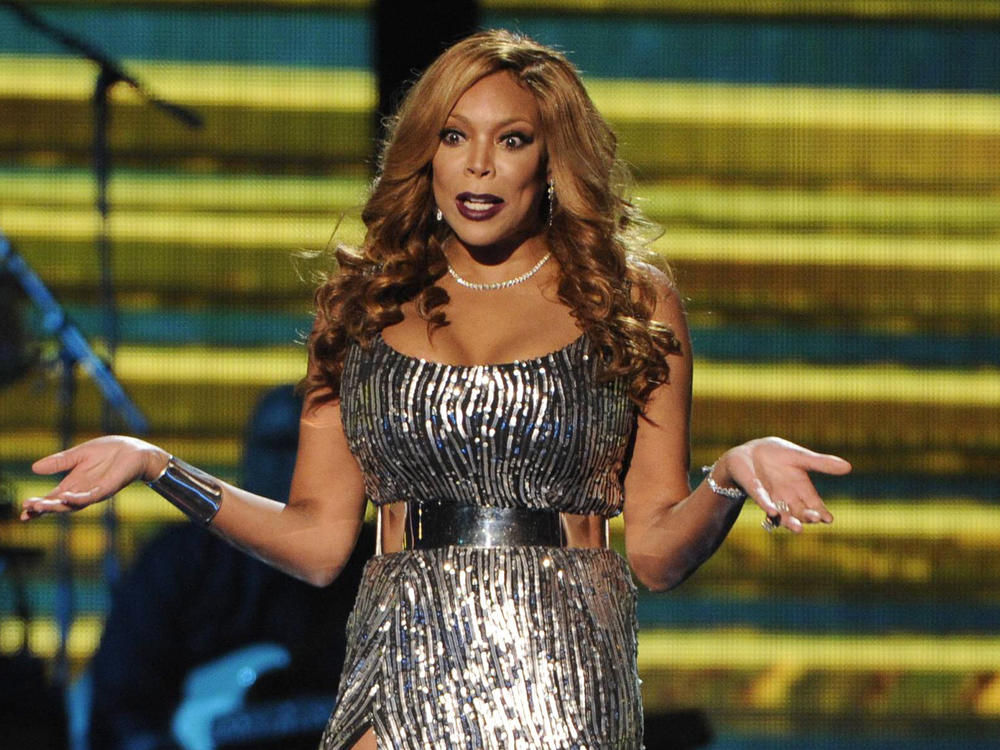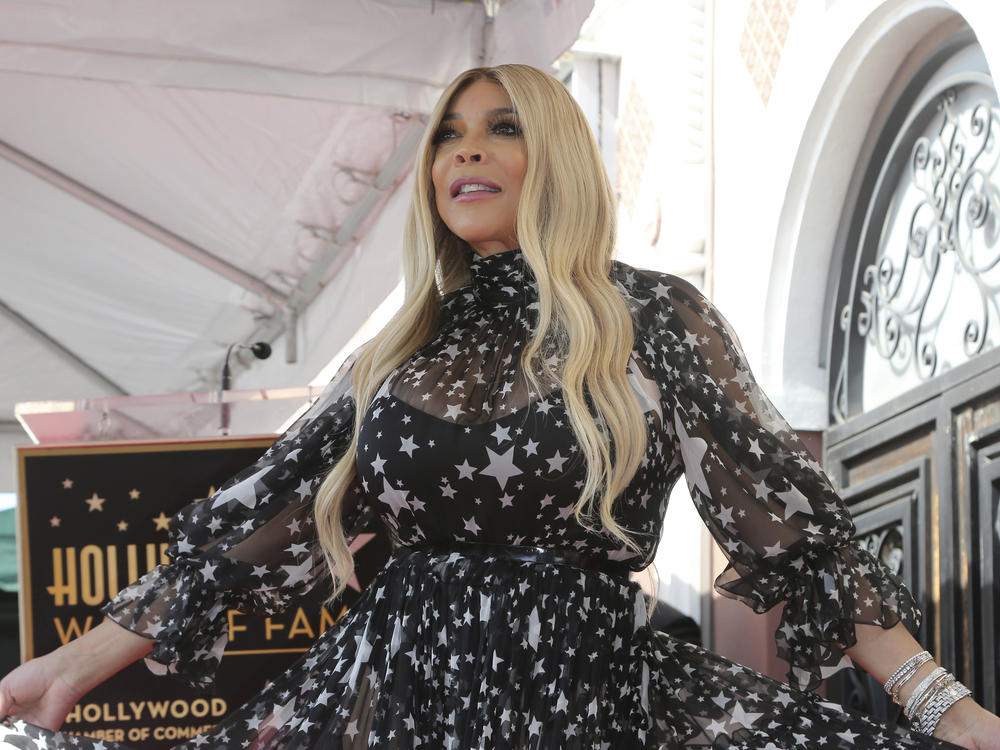Section Branding
Header Content
Wendy Williams' guardianship is the subject of a new documentary. Here's how it works
Primary Content
The premiere of a controversial Lifetime docuseries about the ongoing health and financial battles of former talk show host and shock jock Wendy Williams has sharpened the focus on her court-appointed financial guardianship.
The two-part docuseries Where is Wendy Williams? — described as an "unfiltered look" at the 59-year-old's life after the end of her iconic syndicated show — takes place in the months following the start of her guardianship in May 2022.
In the first part of the series, Williams tells viewers the shocking truth regarding her financial affairs.
"I have no money, and I'm going to tell you something," Williams said. "... If it happens to me, it could happen to you."
In 2022, the 59-year-old was placed under temporary financial guardianship after her bank, Wells Fargo, claimed in a New York court that she was an "incapacitated person" and the "victim of undue influence and financial exploitation," according to The Hollywood Reporter.
On Feb. 22, in the days ahead of the docuseries' premiere on Lifetime, Williams' care team announced that she had been diagnosed with primary progressive aphasia and frontotemporal dementia.
Aphasia affects a person's ability to speak and understand speech, while frontotemporal dementia, or FTD, leads to a loss of function in the frontal and temporal lobes. (Williams also has Graves' disease, an autoimmune disorder affecting the thyroid.)
While the former talk show host, her family and her team of managers discuss the ongoing guardianship in the docuseries, Williams' guardian — later identified as Sabrina Morrissey — does not appear at all.
To get a better understanding of Williams' current situation, we spoke to Kim McAdoo, a New York-based attorney who focuses on estate planning, wills and guardianships.
What exactly is a guardianship?
A guardianship, commonly known as a conservatorship, is a legal process set up by a court when an individual can no longer manage their affairs due to an illness, disability or injury.
Apart from Williams, other celebrities have been placed under some sort of guardianship — such as singer Britney Spears, actor Amanda Bynes, former NFL player Michael Oher and singer-songwriter Brian Wilson.
New York, where Williams' guardianship is in place, has three different types of legal guardianships:
- Article 17-A Guardianship: for adults 18 years or older with an intellectual or developmental disability, whose guardians have the power to make most decisions for them.
- Guardianship of a Child: a parent or individual can request a court to grant them guardianship of a child when there is concern that one or both parents are unable to care for the child;
- Article 81 Guardianship: a type of guardianship where a judge gives a guardian only the power to meet the needs of the person who is deemed incapacitated – such as managing a person's finances, property, personal needs or both.
Due to Williams' court documents being sealed, it is unclear which form of guardianship she has been under since 2022.
But typically, guardianship cases vary depending on the person.
"The responsibilities or duties of the guardian will really depend on that particular person's circumstances and what the judge orders the guardian to do," McAdoo told NPR.
Guardianship cases are reviewed every year
In New York, specific guardianship cases are heard in either a county court or the state Supreme Court and are reviewed every year.
McAdoo said she tells her clients under guardianship to be prepared whenever they go to court.
"Any money you spend on behalf or any transactions you've made, you need to keep records of everything," she said.
McAdoo emphasized that if you're doing everything right as a guardian, "you will have no issues."
Guardians should be acceptable to the person under guardianship
While individuals don't necessarily get the option to choose their guardian, they can recommend a person who they would like to be appointed.
A family member is often named as the guardian. However, there can also be an institutional guardian, such as a banker, or a professional guardian like an attorney.
Leslie Salzman, a clinical law professor at Yeshiva University's Cardozo School of Law, told NPR in 2021 that the court should give "significant consideration" to a person's request.
In Williams' case, a New York State judge appointed a guardian who had no relation to her. Williams' family said in the docuseries that her court-appointed legal guardian is the only person with unrestrained access to her regarding her well-being and current location.
There are alternatives to guardianship
There are other decision-making options available to individuals outside of guardianship, including:
- Power of attorney — someone appointed by an individual to make financial or medical decisions. This is typically appointed by the individual themselves and not a judge or a court order.
- Supported decision-making agreements — a supportive community that designates specific individuals in a person's life that can help make big decisions.
- Representative payee — a person or organization who is approved by the Social Security Administration to manage an individual's Social Security or Supplemental Security Income benefits.
McAdoo said the main determination when seeking alternatives to guardianship is that the person has to have the cognitive ability to understand anything they're signing or delegating to a person.
"You're talking about a person that for one reason or another does or doesn't have the ability to consent — who's either refusing to consent to someone else having to manage them or simply just doesn't have the cognitive ability," she added.


